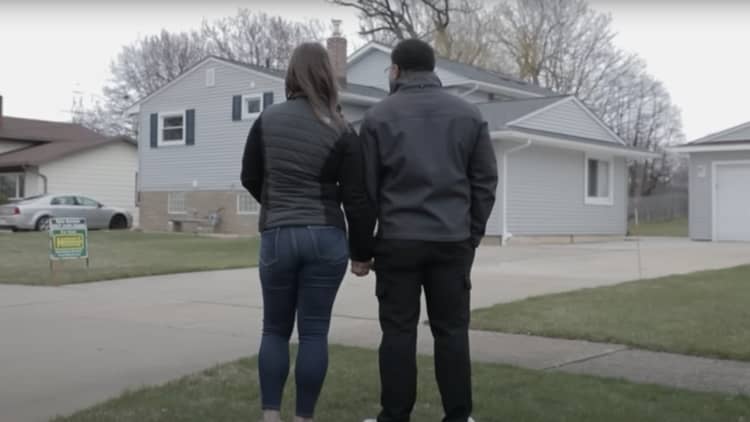Renting vs. Buying: Is Renting the More Affordable Option?

The cost of housing continues to rise, making it increasingly expensive for Americans to either rent or buy a home. However, according to experts, renting may be the more financially advantageous choice in many markets.
Renting: A Smarter Financial Choice
Susan M. Wachter, a professor of real estate and finance at The Wharton School of the University of Pennsylvania, suggests that renting is often the more affordable option. In most markets across the United States, it is less expensive to be a renter than to become a homeowner. The cost of homeownership versus renting has been a significant obstacle for many aspiring homeowners.
Factors to Consider
When deciding whether to rent or buy, several factors need to be considered. Monthly income, outstanding debt balances, and the length of time one plans to stay in a home all play a role in determining the best choice. However, a recent study by LendingTree found that in the 50 largest metropolitan areas in the country, it is generally cheaper to rent than to own. The study revealed that tenants came out ahead by $563 per month in 2022 when comparing median rent costs to median homeowner costs with mortgages.
The Advantages of Homeownership
While renting may be more affordable, owning a home has its advantages. Jacob Channel, a senior economist at LendingTree, explains that owning a home can help build wealth. Additionally, homeowners have more freedom to make changes to their living space, such as installing new appliances or painting the walls neon pink if they desire.
Stability vs. Upfront Costs
One advantage of owning a home is stability. Mortgage payments remain fixed for up to 30 years, while rent prices can increase with each lease renewal. Homeowners also have more protections and options during financial struggles compared to renters. However, the high upfront cost of a down payment can make homeownership unaffordable for many Americans. The median down payment for single-family homes and condominiums in the U.S. was $35,050 in the third quarter of 2023, according to data from ATTOM.
Rising House Prices and Mortgage Rates
House prices have been growing at a rate of 7% per year, outpacing both wage growth and rent increases. High mortgage rates, currently at 7.06%, add to the financial challenges for potential homebuyers. The interest rate affects the monthly cost of a home, making affordability a crucial consideration.
Rent Prices and Affordability
Rent prices have also been on the rise but are slowly declining from the record highs seen during the Covid-19 pandemic. The median asking rent price reached $1,964 in January, up 1.1% from a year ago. While rent prices are slightly higher, the total immediate cost of renting, including a security deposit and potential broker’s fee, is much lower compared to a down payment.
The Burden of Rent Costs
Rent costs have outpaced wages, making it difficult for renters to save for a down payment. In fact, according to a recent analysis by the Joint Center for Housing Studies at Harvard University, half of renters spend more than 30% of their monthly income on rent. However, there are indications that rent prices are stabilizing due to vacancy rates. As more newly built apartment units come on the market, vacancy rates have improved, reaching 6.6% in the fourth quarter of 2023.
In conclusion, while the decision to rent or buy a home depends on individual circumstances, renting often provides a more affordable option for many Americans. Renting can be a financially wise choice, especially considering rising house prices, high mortgage rates, and the burden of upfront down payment costs.
